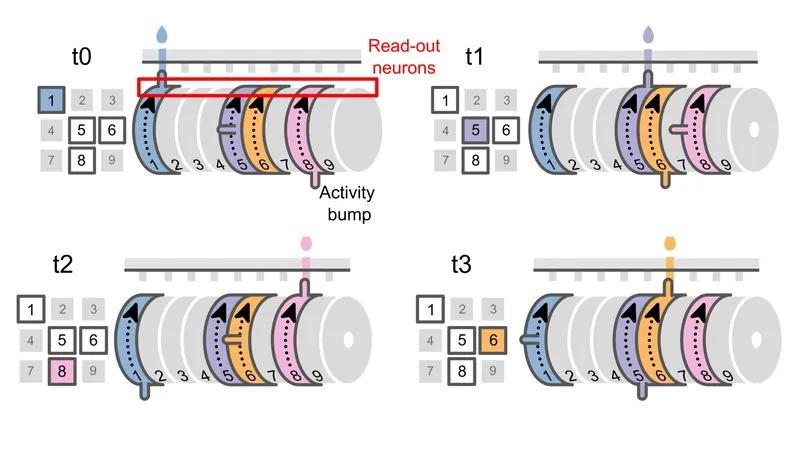
Vapers vs Smokers: The Shocking Truth About Respiratory Health Improvement!
2024-11-12
Author: Rajesh
A recent study published in *Nicotine and Tobacco Research* reveals groundbreaking findings about the respiratory health of smokers who switch to vaping. The research indicates that those who completely transition from traditional cigarettes to electronic ones experience notable improvements in respiratory symptoms, while individuals who start vaping without quitting smoking may actually worsen their respiratory conditions.
As more adults turn to electronic cigarettes with the hope of quitting smoking altogether—attracted by the perception of reduced health risks—the extent of the benefits has been under scrutiny. Vaping does offer a significant reduction in exposure to harmful tar and toxins found in combustible cigarettes, yet the question remains: Does it alleviate the respiratory issues, such as wheezing and coughing, prevalent among smokers?
Researchers analyzed data from the Population Assessment of Tobacco and Health (PATH) study, which provides a comprehensive national perspective on tobacco use in the United States. The study tracked adult participants between 2013 and 2019 who exclusively smoked cigarettes at the outset of the research and reported experiencing chronic cough or wheeze.
Participants were divided into four distinct groups: those who quit nicotine entirely, those who switched exclusively to vaping, those who continued to smoke cigarettes, and those who adopted a dual-use approach, both smoking and vaping.
The findings were stark. Among the individuals who entirely switched to vaping, there was a moderate improvement in alleviating wheezing symptoms compared to those who continued smoking. In fact, among the 5,210 participants with a baseline cough, 65% reported getting rid of their cough after switching to e-cigarettes. Similarly, of the 5,367 individuals experiencing wheezing, 53% noted improvements. Importantly, it was the exclusive transition from cigarettes to e-cigarettes that yielded a significant reduction in wheezing, though cough symptoms showed less responsiveness.
Conversely, for those who began vaping while still indulging in their cigarette habit, the situation was concerning. Symptoms of wheezing and coughing did not improve; in fact, the dual-use group saw their problems persist, with the study indicating a 14% lower resolution rate for coughs and a 15% lower rate for wheezing.
It's clear that the path to respiratory relief is best achieved by quitting all forms of nicotine. Those who successfully transitioned from smoking to complete cessation of nicotine experienced the most significant health benefits, with marked improvements in both coughs and wheezes.
In a society increasingly focused on health and wellness, these findings serve as an important reminder of the distinction between smoking and vaping—and the potential pitfalls of dual usage. Could this research redefine the narrative on e-cigarettes as a smoking cessation tool? As public awareness grows, the conversation about vaping, smoking, and respiratory health is far from over!


 Brasil (PT)
Brasil (PT)
 Canada (EN)
Canada (EN)
 Chile (ES)
Chile (ES)
 España (ES)
España (ES)
 France (FR)
France (FR)
 Hong Kong (EN)
Hong Kong (EN)
 Italia (IT)
Italia (IT)
 日本 (JA)
日本 (JA)
 Magyarország (HU)
Magyarország (HU)
 Norge (NO)
Norge (NO)
 Polska (PL)
Polska (PL)
 Schweiz (DE)
Schweiz (DE)
 Singapore (EN)
Singapore (EN)
 Sverige (SV)
Sverige (SV)
 Suomi (FI)
Suomi (FI)
 Türkiye (TR)
Türkiye (TR)